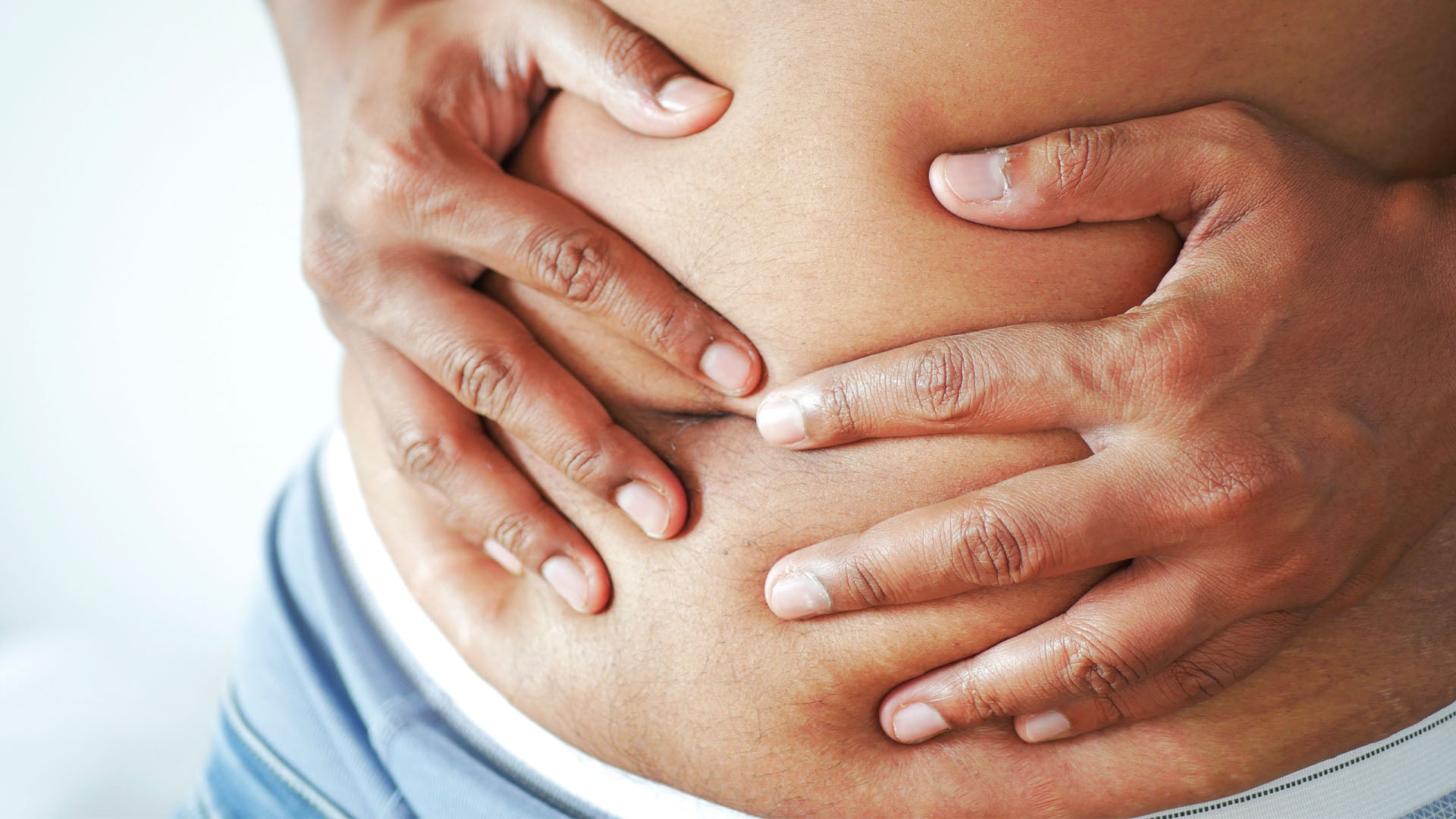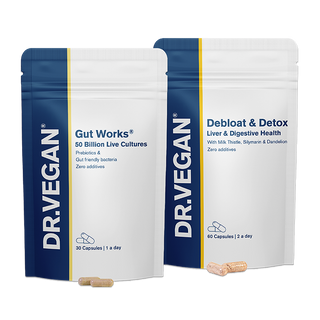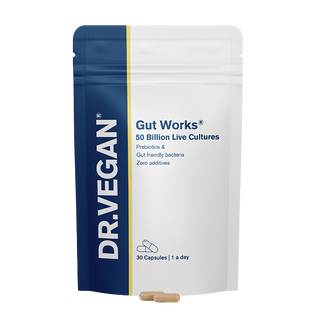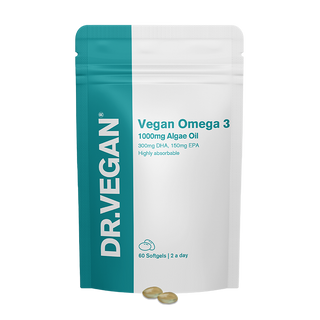Diverticulitis: diet & tips for support

By: Shona Wilkinson
Diverticulitis is a digestive condition characterised by inflamed or infected pouches in the intestine's lining, called 'diverticula'. While the exact cause of diverticulitis is not fully understood, it is commonly associated with a low-fibre diet. The condition can be painful and disruptive, but individuals can find relief and manage symptoms effectively with the right approach to treatment and dietary adjustments. Expert nutritionist Shona Wilkinson explains diverticulitis, the causes, symptoms and how you can overcome these. You may also be interested in reading more on 'Why fibre in your diet is essential'.
Understanding diverticulitis: causes and symptoms
Diverticulitis often develops when the diverticula becomes inflamed or infected due to the retention of faecal matter, leading to irritation and the potential formation of small abscesses. This inflammation can cause symptoms including abdominal pain, bloating, constipation, diarrhoea and in some cases, rectal bleeding. Differentiating between diverticulosis, the presence of small diverticula without inflammation, and diverticulitis, infected diverticula which are inflamed, is crucial to understanding the severity of the condition and determining the appropriate course of action.
Our expert nutritionists explain 'How to get rid of constipation' and provide 'Common reasons you might be bloated', plus '10 practical tips to reduce bloating'.
What's your diet missing? Create your free Diet Profile and find out.
Identifying diverticulitis through stools
In cases of diverticulitis, stools may change, often appearing looser or more irregular due to the inflammation of the intestinal lining. Moreover, some individuals may experience blood in their stools, or notice mucus in their stools, which can signal the presence of inflammation or infection within the digestive tract.
Discover '6 signs of an unhealthy gut' and the what the perfect poo should look like.
Treatment for diverticulitis
The most common treatment for diverticulitis involves a combination of antibiotics, pain management and dietary modifications. However, for milder cases, managing symptoms at home without antibiotics is possible. If you are taking antibiotics, make sure to take a good probiotic alongside it to support your gut health and immune system.
Optimal diet for diverticulitis relief
A high-fibre diet is very often recommended for individuals with diverticulitis to promote regular bowel movements and prevent the buildup of waste material. Incorporating ample amounts of fruits, vegetables, whole grains and legumes can help soften stools and ease bowel movements. Staying well-hydrated is essential to maintaining optimal digestive function and preventing constipation. Foods rich in probiotics, including yoghurt and kefir, can also promote gut health and aid in digestion. Learn more about 'How to Look After Your Gut Through Your Diet'.
Gut Health Bundle

Foods to avoid for diverticulitis
Ironically, while fibre is crucial for promoting healthy digestion, during an acute episode of diverticulitis, it is advisable to avoid high-fibre foods that might exacerbate symptoms temporarily. Foods including nuts, seeds, popcorn and certain raw vegetables can be challenging to digest. They may irritate the inflamed or infected diverticula. Additionally, spicy foods and foods high in fat should be consumed in moderation, as they can potentially trigger gastrointestinal discomfort and worsen symptoms.
A well-balanced diet can effectively manage diverticulitis and alleviate symptoms. It is crucial to remain vigilant and proactive in managing symptoms to prevent complications and ensure long-term digestive wellness.
Can probiotic supplements to help?
There is some evidence to suggest that probiotics may lead to improved symptoms of diverticulitis by modifying the gut microbiota in diverticular disease. However, if you have a pre-existing health condition such as diverticulitis, we would suggest speaking with your GP first before adding any supplements to your regime.
Gut Works® is an advanced probiotic formula, which is made up of clinically studied live and friendly bacteria and prebiotics for complete gut health, supporting IBS and providing daily support for your digestion, brain and immune health. DR.VEGAN's consumer survey shows Gut Works® was 3x more effective than standard probiotic supplements, and 88% of people who take Gut Works® feel the difference within 4 weeks or less.*
Some people notice initial improvements and health benefits in their digestion within a few days of starting Gut Works®, however it can depend on your existing symptoms and for some it may take 2-4 weeks to begin to feel the difference. Learn more about how Gut Works® works.
Read further on how probiotics work and the best probiotics for gut health and the answers to the 7 most common questions about probiotics.
Discover our range of vegan supplements and probiotics.
Gut Works
*Based on a UK survey conducted by DR.VEGAN® of 246 customers, nationally representative, during August & September 2022. All customer survey findings reflect our own efforts and have not been influenced or verified by any external organisations or third-party entities.
You may also enjoy reading:
- Latest gut health research: IBS causes & symptoms revealed
- Acid reflux? Best 3 foods to eat and avoid
- Best probiotics for IBS
- Common & unusual symptoms of IBS
- Signs of gluten intolerance
- 5 common myths of coeliac disease
- What is period poo?
Want to hear more from our nutritionists? Sign up to our email newsletter for insights and exclusive offers:



















